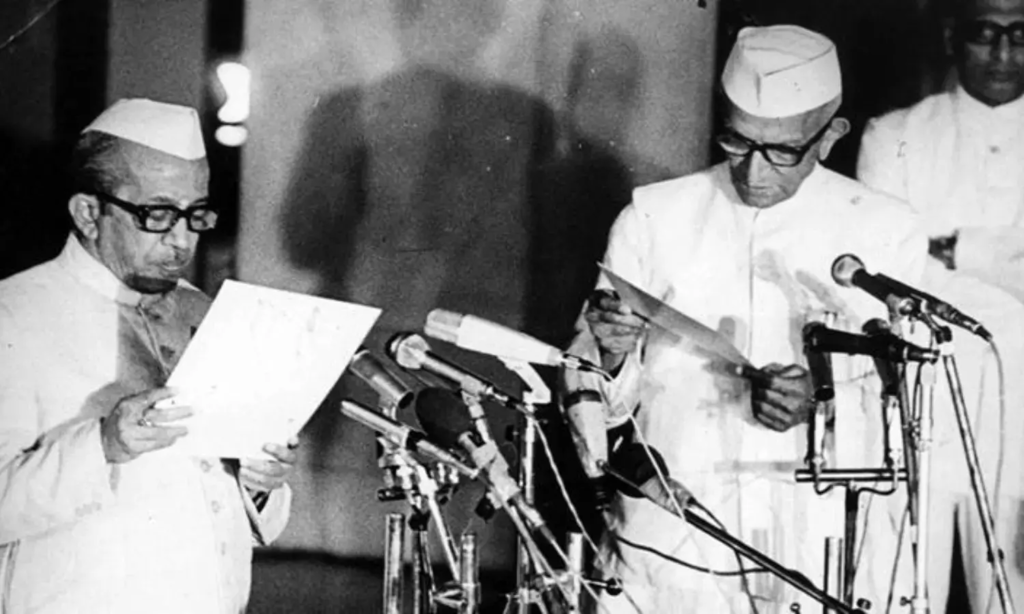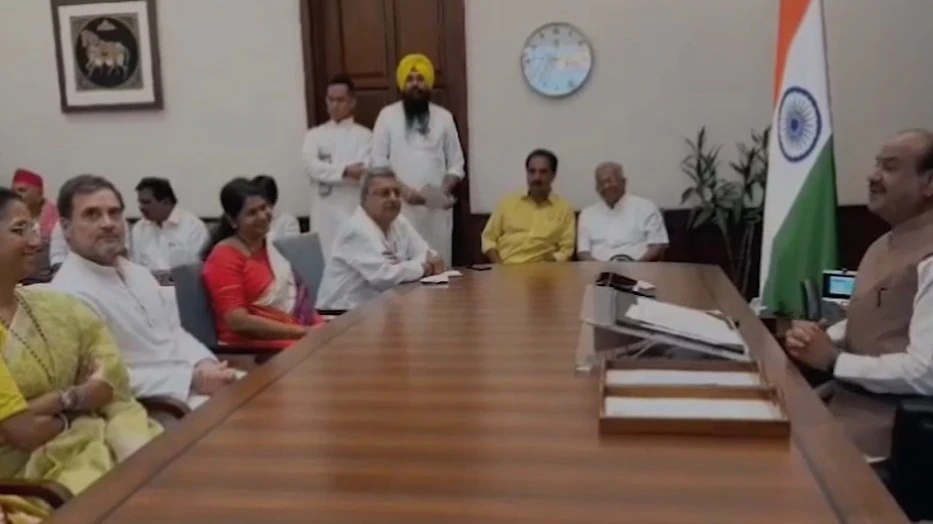The controversial Indian Prime Minister CIA mole allegations from the 1980s. Discover the claims made in Seymour Hersh’s book, the response from the Prime Minister, and the ongoing impact on his political legacy.
In the 1980s, the Indian Prime Minister CIA mole allegation became a prominent and controversial issue. This claim emerged from Seymour Hersh’s investigative book, The Price of Power: Kissinger in the Nixon White House. Hersh alleged that Morarji Desai, who was India’s Prime Minister from 1977 to 1979, had received payments from the CIA in exchange for sensitive information during his earlier tenure as India’s finance minister in the 1960s.

The allegations were based on Hersh’s claims that Desai, during his time in office, was allegedly involved in a covert exchange of intelligence with the CIA. According to the book, Desai’s interactions with the CIA were purportedly part of a broader network of espionage and intelligence sharing during a period of significant geopolitical tension. The Indian Prime Minister CIA mole allegation quickly became a major topic of political debate and media scrutiny in India.
Morarji Desai, a prominent figure in Indian politics known for his strong stance on national sovereignty, vehemently denied the accusations. He described the allegations as baseless and defamatory, asserting that they were part of a smear campaign aimed at tarnishing his reputation. Desai’s defense was rooted in his consistent advocacy for India’s independence and his role in promoting economic and social reforms during his tenure.

The Indian Prime Minister CIA mole allegations spurred calls for an in-depth investigation to verify the claims made by Hersh. Despite these demands, the investigation did not produce conclusive evidence to support the allegations. The lack of definitive proof led to the issue remaining unresolved, with many of Desai’s supporters arguing that the claims were unfounded and politically motivated.

In response to the Indian Prime Minister CIA mole allegations, Desai filed a defamation lawsuit against Seymour Hersh in a U.S. court. This legal battle was significant, as it highlighted the challenges of international defamation cases, particularly when dealing with accusations of espionage and foreign collaboration. The lawsuit aimed to clear Desai’s name and challenge the credibility of Hersh’s claims, but the complexities of international law and evidence made the case particularly difficult.
Despite the absence of concrete evidence, the Indian Prime Minister CIA mole allegations continued to affect public perception and cast a shadow over Desai’s political legacy. The controversy underscored the difficulties faced by political figures in defending their reputations against serious accusations. It also illustrated how international journalism can influence public opinion and impact political careers, regardless of the evidence supporting the claims.
The unresolved nature of the allegations raises broader questions about the influence of foreign intelligence agencies on domestic politics. The case of Morarji Desai and the CIA mole allegations serves as a reminder of the potential ramifications of espionage claims on political careers and the role of investigative journalism in shaping public perception. It highlights the importance of rigorous evidence and thorough investigation in addressing such serious allegations.
Moreover, the controversy surrounding the Indian Prime Minister CIA mole allegations reflects the complexities of political legacy and international intrigue. It underscores the challenges of addressing allegations that span multiple countries and legal jurisdictions, emphasizing the need for careful scrutiny and evidence in resolving such issues.
In conclusion, the Indian Prime Minister CIA mole allegations remain a significant and unresolved chapter in India’s political history. The case of Morarji Desai continues to be a prominent example of the impact of journalism on political figures and the importance of evidence and investigation in addressing serious claims. The controversy reflects the ongoing challenges in defending a political legacy amidst serious and potentially damaging allegations.
For further insights and comprehensive content, please visit our homepage



